 At 48, Dr. David Heiber lives in a gorgeous old brownstone on Eutaw Place, tries to run every day up Eutaw to Druid Hill Park and back, and will tell you in a minute that his five kids, who range in age from 24 to one born just last month, bring unique joy and energy into his life. His family, he says, is the foundation of his existence and the core purpose of his life.
At 48, Dr. David Heiber lives in a gorgeous old brownstone on Eutaw Place, tries to run every day up Eutaw to Druid Hill Park and back, and will tell you in a minute that his five kids, who range in age from 24 to one born just last month, bring unique joy and energy into his life. His family, he says, is the foundation of his existence and the core purpose of his life.
That love for children and his own rough climb out of a dark period when he was young have taken him a long way up the path to professional success. The company he founded and runs here in Baltimore, worth about $8 million last year, is projected by some on Wall Street to value $150 million by 2030-31. The company, Concentric Educational Solutions, is helping to solve one of the most vexing problems facing big city schools and contemporary society: chronic school absenteeism.
Baltimore writer Alec MacGillis, writing at length in The New Yorker earlier this year, focused on how Concentric staff people, under contract with school districts around Detroit, tracked missing school children to their homes and visited parents or grandparents to determine why their children were not in school. Working with the schools and communities, Concentric then advises on tutoring, transportation, providing social services or other solutions that seem to prove effective.
They have similar contracts with Baltimore Public Schools and 30 other school districts around the country. The company says it has provided more than 400,000 home visits under these contracts, reaching more than 200,000 young people. They’ve provided mentoring and teaching that has led to 70,000 students “re-engaged.”
In the aftermath of pandemic school closings, absenteeism underlies much of what has plagued young people in recent years, from falling test scores to elevated youth violence and car thefts. That chaos created an opportunity for Heiber’s young (founded in 2010) company. “Right place, right time, right pandemic,” he told MacGillis sardonically. “Students are bored and disengaged. If we authentically listen, they will tell us. The question is do we have the courage and heart to actually hear and act in their best interests?” he says.
Heiber wishes someone had intervened when his own life turned upside down. Raised in Wilmington by his grandparents, he was a track star in high school before his grandfather died and his world fell apart. He went to prison for burglary, got a GED there, and then started his climb toward success at Lincoln University in Pennsylvania, one of the country’s oldest HBCUs. He earned a master’s degree at Temple University in Philadelphia and a Ed.D in Urban Education at Morgan State.
His introduction to Baltimore came from Lincoln fraternity brothers who invited him here to visit. Now he’s proud to call it home. His passion lies in working with young people, especially African American and Latino students. Heiber uses his personal story to connect with students, challenging them to recognize their potential, honor their promise, and fulfill their purpose.
–Jo-elle Johnson
